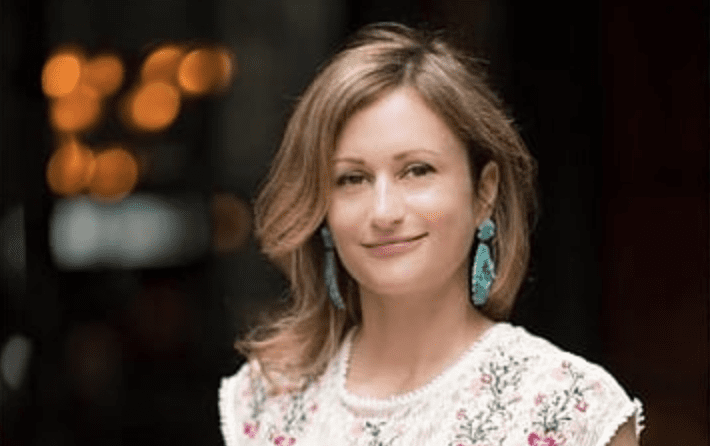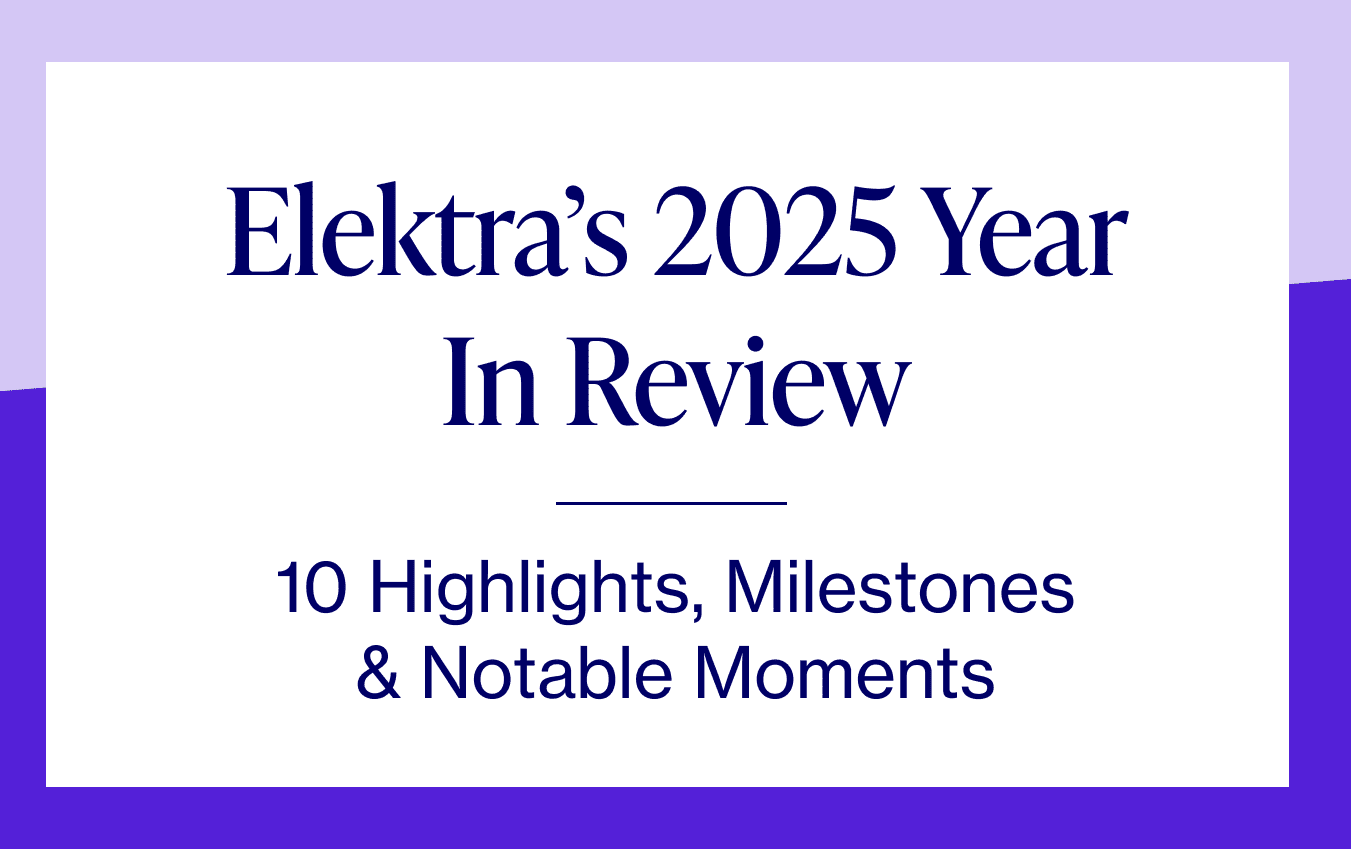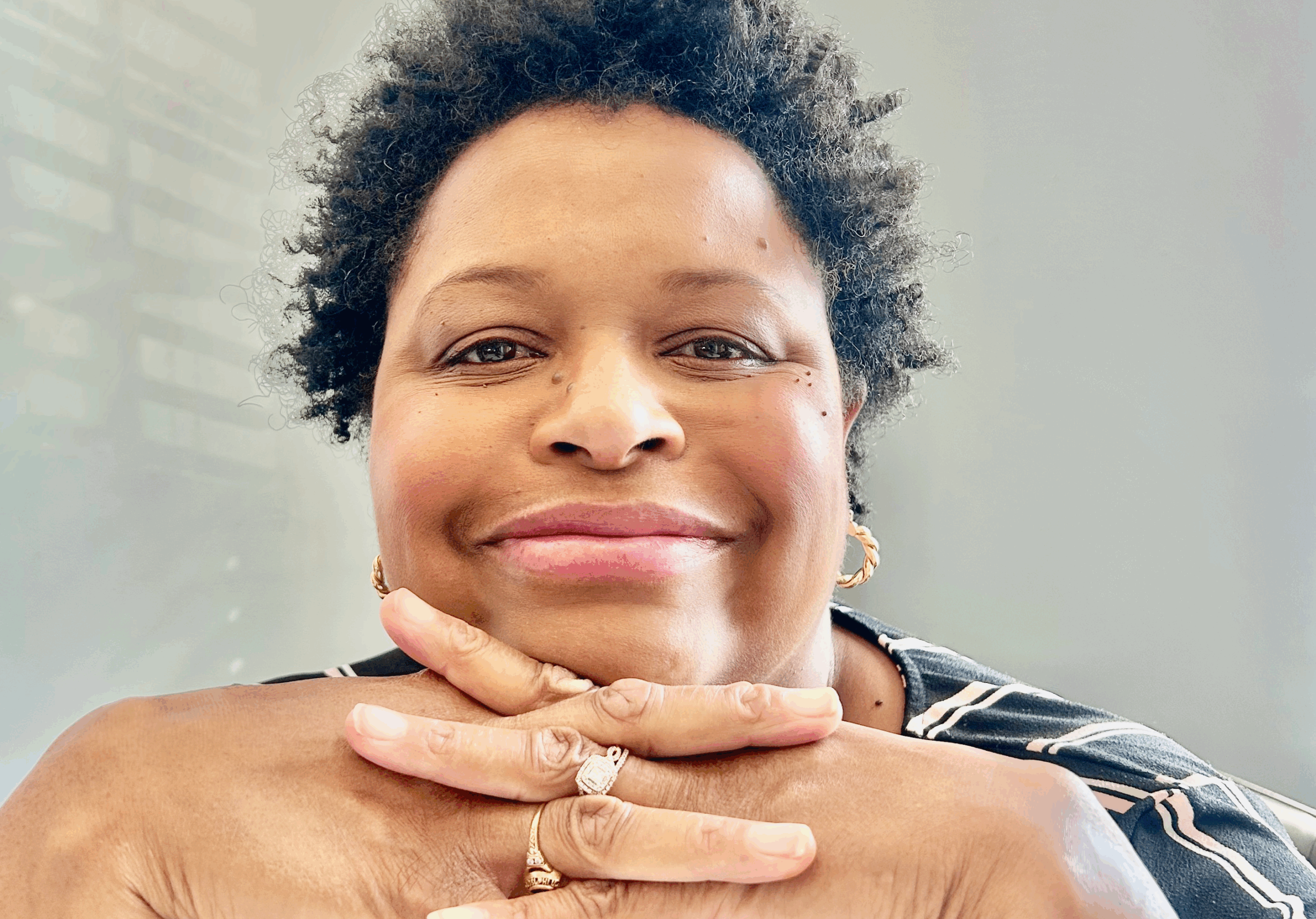
Published on Jan 06, 2021
Last modified on Feb 05, 2023
Elektra Conversation: Holly Whitaker, Founder of Tempest
5 min read

In honor of Dry January, we spoke with Holly Whitaker, sobriety advocate and founder of Tempest (which was recently acquired by Monument), for her insights on alcohol use disorder and the importance of questioning our core beliefs around alcohol.
Whitaker is the founder of Tempest, a holistic, evidence-based digital recovery program proven to help you change your relationship with alcohol. She is also the founder of The Temper, an online magazine dedicated to sharing stories of recovery through an intersectional lens. Her book, Quit Like a Woman, is specifically about how women become addicted, why women become addicted, and what they need in order to recover.
Read on for highlights from a conversation between Holly Whitaker and Alessandra Henderson, co-founder of Elektra Health. Some of the questions have been edited for length and clarity.
Alessandra Henderson: What led you to create Tempest?
Holly Whitaker: Mainly, it was because I was recovering from alcohol use disorder. I worked in healthcare, and I had access to everything. And still, there was nothing that existed that was designed to help someone like me. So, I created it.
How did you come up with the pillars that guide Tempest’s recovery program?
We think about pillars in terms of content, community, and care. But really, what we take into account when developing personalized recovery…is everything. It’s not just nameable. It’s every single thing that exists in your life. It’s everything from emotions, to belonging, to beliefs, to identity, to access, to income: everything comes into play. Building our recovery programs is a matter of creating a navigable path through that.
I imagine that a lot of the programs you have created begin with education. What does that learning framework look like?
It’s not just education, it’s also about creating these moments of opportunity and capturing what we naturally think by default. It’s really about looking at what we, as a society, believe around alcohol and the importance of alcohol. Most people won’t engage in recovery. Because they think that recovery is only for alcoholics. And they think that alcoholics are these really specific people. The period between the onset of addiction to the decision to seek treatment takes, on average, 10 years. Because of this, we try to create openings around the questions that people have, that they’re too afraid to ask.
Most people won’t engage in recovery. Because they think that recovery is only for alcoholics. And they think that alcoholics are these really specific people.
And then our process starts with education. We lay the groundwork for what addiction is, how you develop it, and how to construct recovery. That education is linked up with opportunities to share your story and to find other people going through the same thing that you are. We connect that with care. We combine those things to construct a dynamic experience for somebody, where they can, bit-by-bit, make these changes that add up over time.
What do you encourage people to ask themselves as they investigate their core beliefs around alcohol?

One question is: “What have I settled for?”
We’ve settled for feeling terrible. It’s really a drug that affects hormonal balance. It affects sleep cycles, it affects sex cycles, it affects gut balance…I mean, I could go on and on about all the ways that it’s like this sledgehammer to the body. Typically, we think that alcohol is a really important part of a good life. But when we actually start peeling back the layers from it, we’re just trying to keep something in our lives because we’ve really been sold this image that this is how we connect, this is what equals intimacy, this is what equals a good time, a good dinner, or a good vacation. It’s just such a cheap substitute for real experience. We just silently go through it, without asking whether or not we are getting the experience that we want.
I’d love to hear more about your view of community and its role in someone’s recovery?
I’m not a joiner. I’m very much a loner. But, I do need to have opportunities presented to me to find people that are my people. When we think about community, we have to think about it in this really dynamic way. Just seeing other people’s interactions can be enough for an individual to feel like they belong in the world. Community can just be an observation of community. When we think about community, we’re thinking about shared understanding and how we can slice it so that it can meet somebody where they’re at. Not everyone just wants to be on a Facebook message board, sharing their story. So for us, we have to be really careful about making sure there are all these different opportunities.
Do you find that there is anything helpful in particular for 40+ women to keep in mind as they examine their relationship with alcohol?
Alcohol affects estrogen in the body. Women who are in recovery from breast cancer, or people who are in recovery from breast cancer, are often restricted from drinking alcohol. That’s how much it throws off hormone balance. There have been a lot of women who have removed alcohol from their lives who are going through menopause. And they think it’s just a process of the alcohol leaving their lives. But it’s also the process of perimenopause and menopause. It might not be that your body is reacting to detoxing from alcohol. Maybe you’ve just gone through an actual transition, and it was masked by alcohol. What I would say to your community, is that alcohol masks what is actually happening and evolving in our bodies.
What I would say to your community, is that alcohol masks what is actually happening and evolving in our bodies.
Is there any advice you have for women who are considering talking to their providers about their alcohol use?

Tempest’s mission is to put people at the center of their recovery. Most often, when you’re encountering your providers and people you look up to in the field, they’ve bought into the same narrative around alcohol. You have to remember that the healthcare industry is not built for women or intersectional identities, but for straight white men. The system comes from a place of putting patients essentially in a subjugated position, where you are told to follow orders and not question them. It doesn’t matter if you go to Tempest, or Elektra, or your own provider. Remember that you are the authority on what you need. Healthcare professionals can be your partner in constructing a plan.
We have to take our health so seriously and do our own research. Our lives and our health depend on that!


